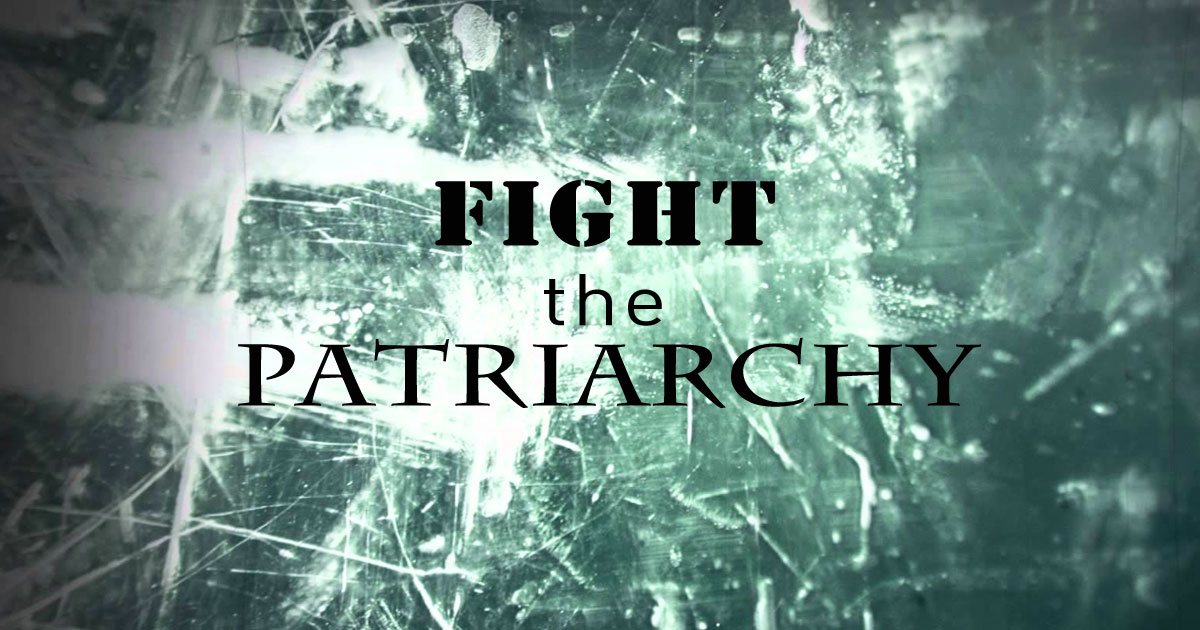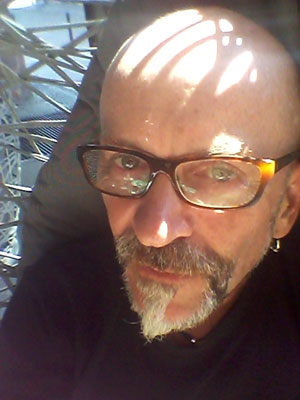SOAPBOX
★ ★ ★ ★

Our Bodies: Lines in the Sand
By Mike Hembury
Imagine a line. A line in the sand, maybe.
The ends of the line represent absolutes. Extremes, if you will.
The line itself represents human sexuality. The spectrum of sexual self-expression.
One end of the line stands for 100% heterosexual. No same-sex experiences. No love, crushes or feelings of attraction towards your own sex.
The other end stands for 100% homosexual. No other-sex experiences. No love, crushes or feelings of attraction towards the other sex.
Now place yourself on that line.
Think about it, take your time. Maybe you need to adjust your position a bit.
My guess is, you’re somewhere on that line, somewhere between the two end points. In a spot that feels right for you, that fits your experience and desires and view of who you are.[1]
So how are you going to feel if someone comes along and says: “Hey you. You’re in the wrong position. I want you down that end of the line, and I want you there now. Or I’m going to blow your frigging head off”?
I suppose it’s old hat to say our bodies are a battlefield.
Maybe there are even times when, cocooned in our little supposedly liberal western enclaves, it might even be possible to forget it.
But a couple of events of the past month have brought that realization back home with a vengeance.
The images of Turkish riot police once again using tear gas and rubber bullets to beat the LGBTQ community off of the streets of Istanbul are sickening, to say the least.
But of course they pale in comparison to the mass shooting at the Pulse nightclub in Orlando, just a few weeks before.
And although one was a state-sanctioned event, and the other the actions of an ideologically motivated lone gunmen, they share a common motivation. Both are founded on deeply felt patriarchal beliefs in the right of heterosexual men to lay down the law, to discipline, punish and kill those who dare to defy the stiflingly oppressive norm of what constitutes legitimate use of our own bodies.
Don’t get me wrong. This is not a specifically Muslim thing. This is a specifically masculine thing. This is a form of global terror that knows no boundaries.
Check out the horrific criminalization of the queer community in large parts of Africa, Iran, Malaysia. Check out the threat of life imprisonment for same-sex activity in Sierra Leone, Tanzania, Pakistan, Uganda, Bangladesh and Guyana.
Even in places as advanced in matters of human and civil rights campaigning as the USA, the battle lines between the forces of reaction and those representing the fundamental right to determine what happens to your own body are very sharply drawn.
It’s not like this is something new. But it seems to be coming to a head. On a global scale, there seems to be an enormous disparity between expectations of personal freedom, the right to be who you are and to do as you want with your body, and the proponents of the old order of patriarchal terror.
The good news is, a lot of places are moving forwards. Attitudes are changing. People are expecting, and achieving, equality and their basic human rights.
The bad news is that a whole bunch of places are heading right back into the dark ages.
And if we are talking of global patriarchal terror, and I guess we are, then let’s go ahead and state the obvious: it’s not even predominantly the queer community who are bearing the brunt.
It’s the 21st century, and women and girls continue to be killed, maimed, raped and enslaved on almost unimaginable scale.
According to the National Crime Records Bureau in India, 92 women are raped every day in that country.
Around 3000 people are reported as victims of slavery in the UK in 2015.
From the global sex trade to the “femicides” of Mexico to FGM in Africa to the use of mass rape as a military tactic to enforced burka wearing in Afghanistan to acid throwing to the “normal” violence and intimidation of the West, violence against women is still so prevalent, in global terms, that it is truly the defining power relationship of our age.
Control over women’s bodies is not just power, it’s big business.
And I’ve got to say it, I’ve never been much of a believer in the ability of power structures to disappear of their own free will, nor in the self-reforming qualities of big business.
Historically, it’s only ever been struggle that has changed these things.
So I guess that’s why my heroines of the month, my winners of the Humanity’s (but especially Women’s) Right to Self-determination Prize goes to a group of women who have drawn their own, but very different line in the sand.
I’m talking about the Women’s Defence Units (YPJ) who are fighting in the autonomous Kurdish province of Rojava against the threat of death and enslavement by the über-patriarchal forces of ISIS.
Rojava lies pretty much in ruins, after so much fighting.
In a recent interview, one of the YPJ commanders, a 37-year-old woman by the name of Nesrîn Abdullah, talked of her motivation:
“I had two reasons to become a fighter. We were under the control of the Assad regime, which abused us as Kurds. As women we were abused by patriarchy. If you are a person whose land is invaded, then you are invaded as a person also…. As women we had to establish a defence force to protect ourselves — not only a military force but also a political and ideological force. Without this, there will be no social and political equality between the two sexes.”
It’s a struggle we can all learn from, and one we should be supporting.
[1] This thought experiment is the basis of iO Tillett Wright‘s fantastic photography project Self Evident Truths [https://www.selfevidentproject.com/]. You can also check out her TED talk here: https://www.ted.com/talks/io_tillett_wright_fifty_shades_of_gay

Mike Hembury is an Anglo-Berliner originally from Portland, England. He’s a writer, translator, musician, coder, sailor, environmentalist and guitar nerd in no particular order. You can check out some of Mike’s music projects here:
www.miserlou.de
www.balkonians.de
www.skarabaeus-berlin.de























